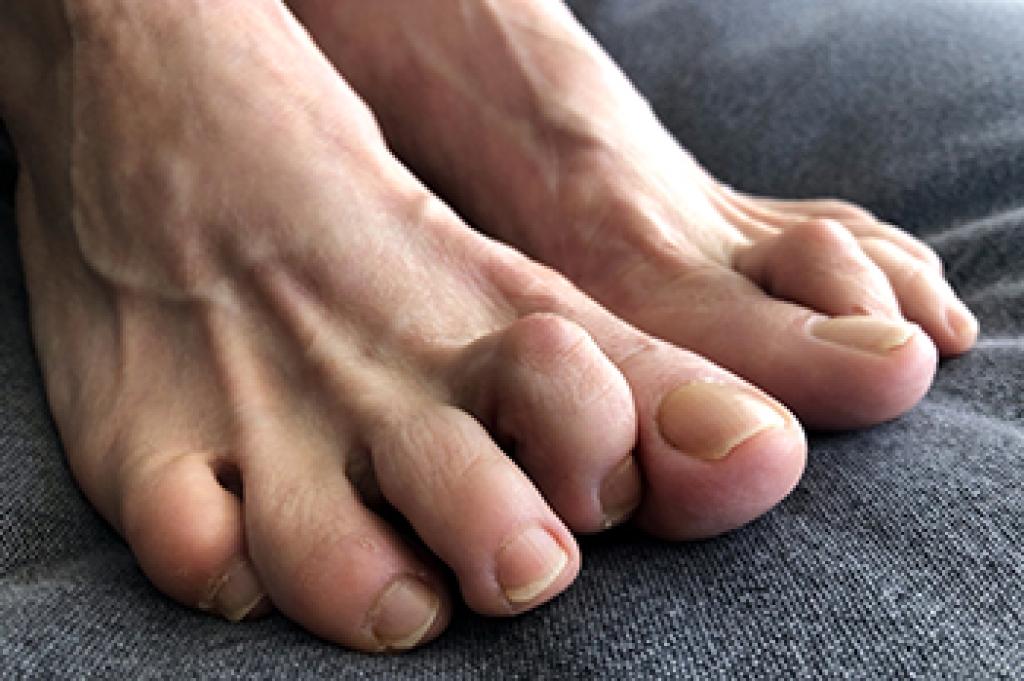
Diabetes is a chronic condition that affects how the body regulates blood sugar, and it can have serious effects on foot health. Diabetic foot problems develop when prolonged high blood sugar damages nerves and blood vessels in the feet. Loss of sensitivity may prevent a person from noticing cuts, blisters, or pressure points, allowing infections to form and worsen without early treatment. Additionally, limited blood supply can slow healing and increase the risk of ulcers and complications. A podiatrist plays a critical role in diabetic foot care by performing regular foot exams, treating wounds, managing infections, and providing guidance on proper footwear and daily foot care. If you have diabetes, it is strongly suggested that you are under the care of a podiatrist who can help protect your feet and reduce complications. Proactive podiatric care is essential in supporting long-term mobility and overall health.
Diabetic foot care is important in preventing foot ailments such as ulcers. If you are suffering from diabetes or have any other concerns about your feet, contact David Carmack, DPM from Texas. Our doctor can provide the care you need to keep you pain-free and on your feet.
Diabetic Foot Care
Diabetes affects millions of people every year. The condition can damage blood vessels in many parts of the body, especially the feet. Because of this, taking care of your feet is essential if you have diabetes, and having a podiatrist help monitor your foot health is highly recommended.
The Importance of Caring for Your Feet
- Routinely inspect your feet for bruises or sores.
- Wear socks that fit your feet comfortably.
- Wear comfortable shoes that provide adequate support.
Patients with diabetes should have their doctor monitor their blood levels, as blood sugar levels play such a huge role in diabetic care. Monitoring these levels on a regular basis is highly advised.
It is always best to inform your healthcare professional of any concerns you may have regarding your feet, especially for diabetic patients. Early treatment and routine foot examinations are keys to maintaining proper health, especially because severe complications can arise if proper treatment is not applied.
If you have any questions, please feel free to contact our office located in Marble Falls, TX . We offer the newest diagnostic and treatment technologies for all your foot care needs.




